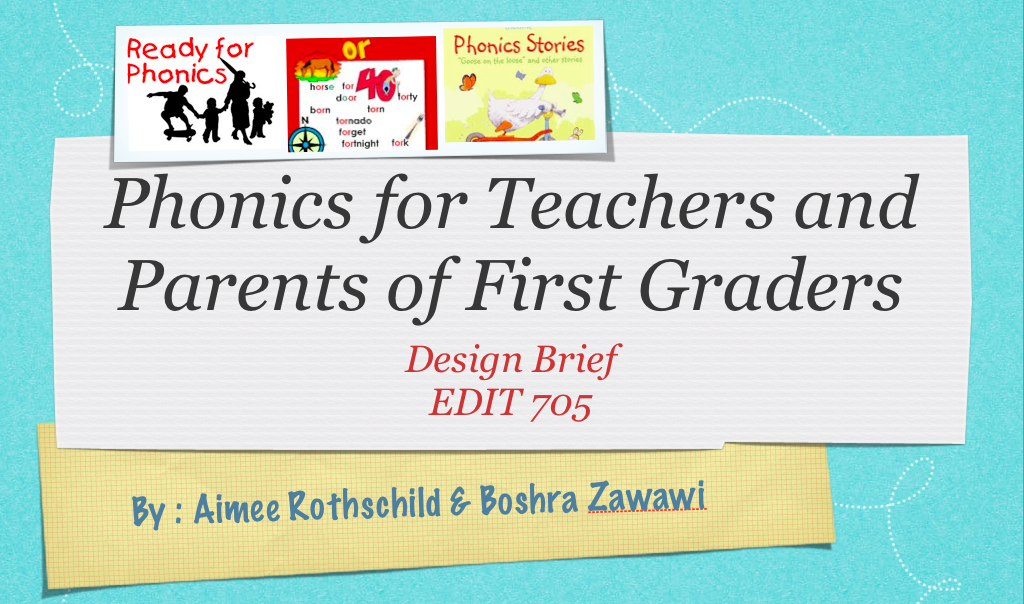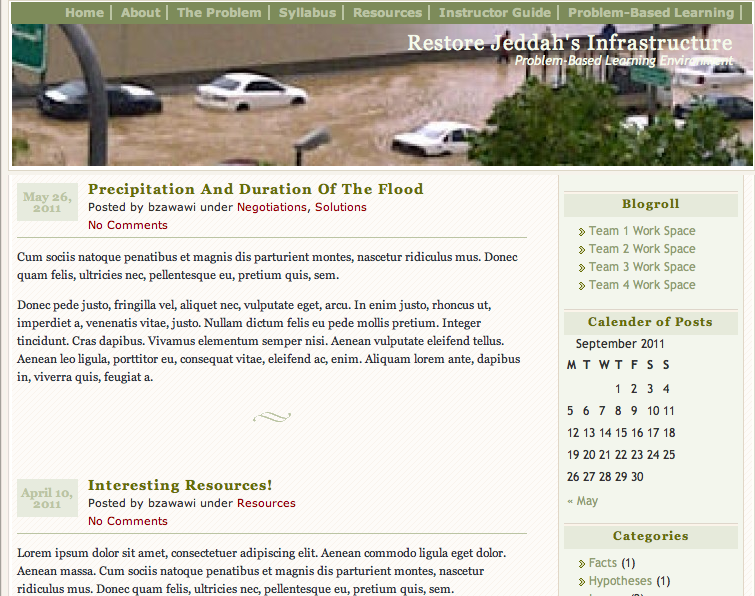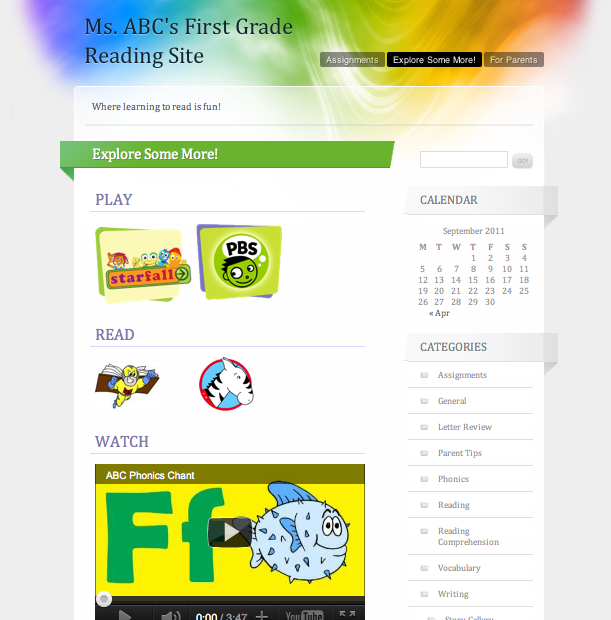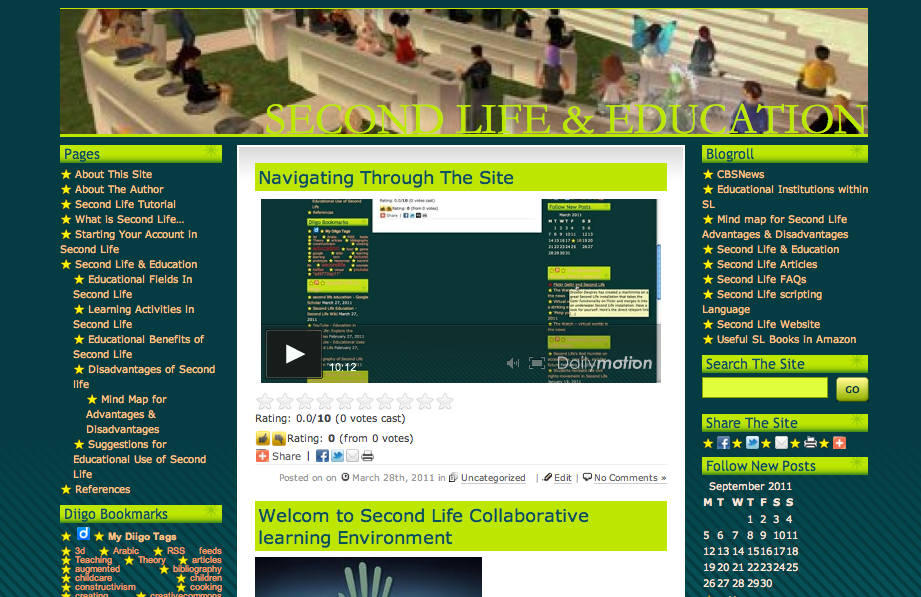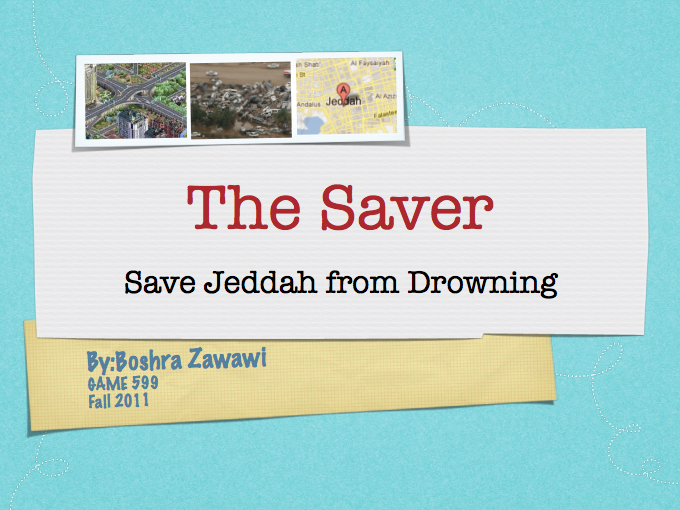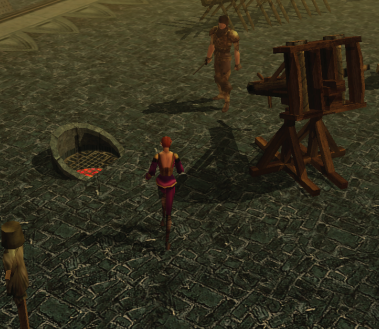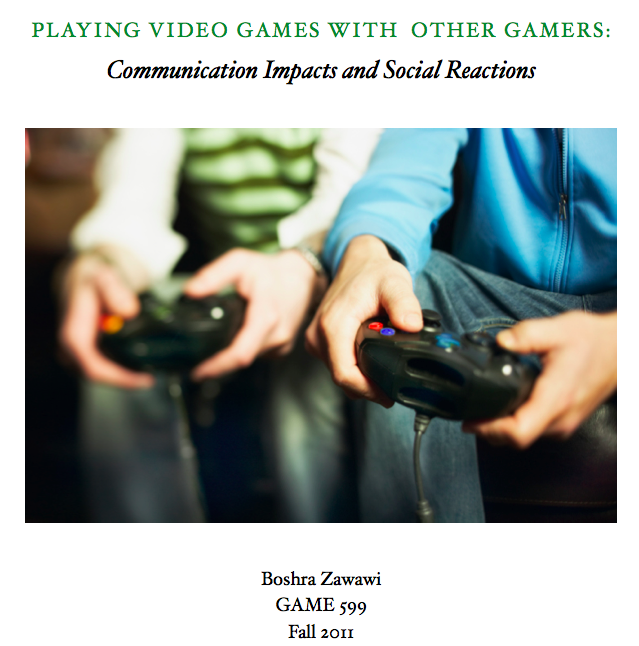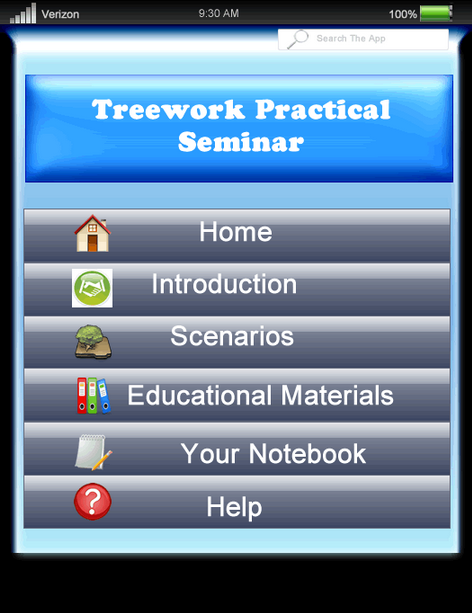Graduate Courses Taken in The Instructional Design & Development Program
| Class Name |
Class Number |
Credits |
Description |
| Instructional Technology Foundations and Theory |
EDIT 704 |
3.00 |
This is a core course in the degree. Students are exposed to multiple learning theories and strategies. Students learn these theories and strategies through hands-on projects. At the end of the course, students have to create a job aid for themselves that summarizes what they have learned throughout the semester. In this course, students do not apply the concept of the ADDIE model. Instead, they design learning/training projects based on the learning strategies only. |
| Instructional Design |
EDIT 705 |
3.00 |
This is a core course in the masters degree and the e-learning certificate. Students learn the systematic approach of designing learning/training projects using the ADDIE model. This course enhances students ability to criticize case studies and modify them based on the ADDIE model. Moreover, students work in groups to design and develop learning/ training projects using the ADDIE model as they learn it through the semester. |
| Web Accessibility and Design |
EDIT 526 |
3.00 |
This is a core course in the master's degree and in the e-Learning Graduate Certificate. It teaches students how to develop a personal website through using Dreamweaver and XHTML coding. It also focuses on web accessibility. Students have to apply web authoring tools to make the site accessible for people with different disabilities. |
TOP OF PAGE

